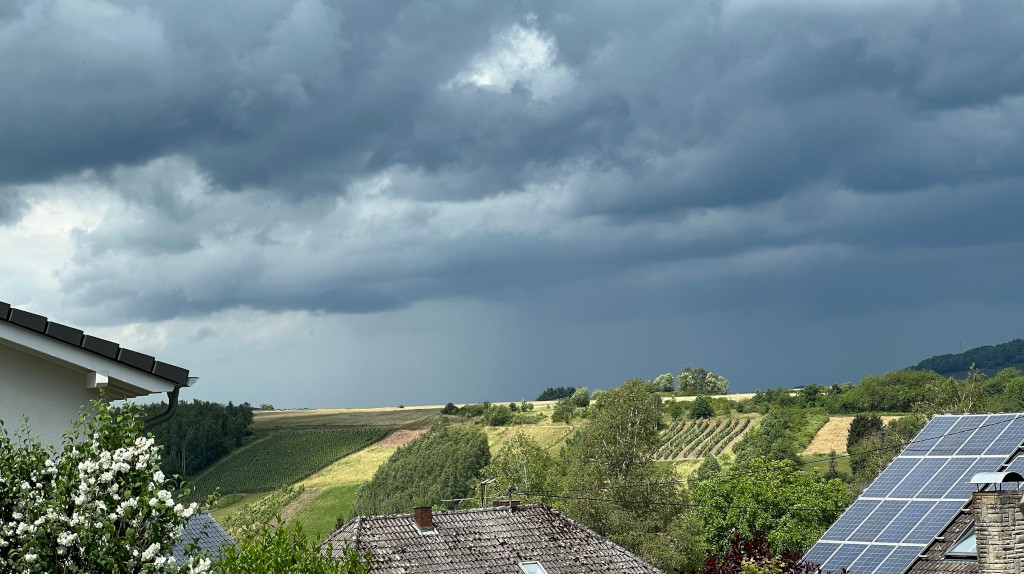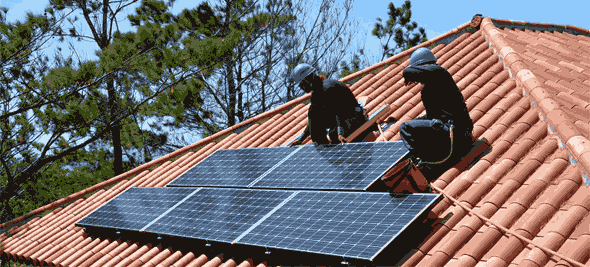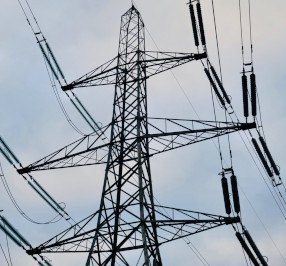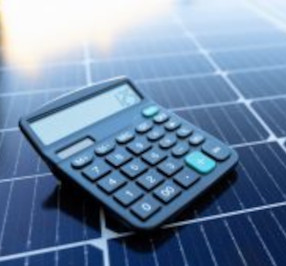Do solar panels work on cloudy, rainy days?
Solar energy can be generated even on the cloudiest of days
Anyone who is thinking of having a solar system installed is most likely wondering whether their panels will generate power and electricity in this tumultuous, dramatic weather the UK is currently experiencing and is probably concerned about how the panels work and where the energy will come from if there is no sun. Well, there's no need to worry, photovoltaic (PV) solar panels are rather smart and can work in any weather; rain, hail, sun or snow.
PV panels are designed to work in both direct and indirect sunlight. They rely on daylight and not sunlight, which is why they work in any weather. On days where the daylight is less prevalent, such as a November afternoon, there should be an expectation that the panels will produce 10-25% less of their normal output. Less energy is produced during the winter months, but the combination of indirect and direct sunlight will produce enough electricity for the day.
The design of a solar panel
A PV solar panel is made up of tiny cells which absorb sunlight energy particles called photons. When the photons are absorbed by the panels, the kinetic energy they hold creates an electric current which generates electricity. The panels are designed to generate power based on daylight and not on heat, they work all year round, despite the weather. Even though less energy is produced on cloudy days, there is a benefit to rain and wind as it helps to clean the panels, getting rid of any obstacles, e.g. leaves and dirt, which will block daylight.
The optimum time for a panel
Due to the vital role of energy from daylight, the stronger the sunlight the more power generated. The optimum time for peak efficiency of a solar panel is on a hot day between 11am and 2pm when the sun is at its highest. However, at high noon on dark, gloomy winter days your solar panels will still capture enough daylight for electricity to be generated. You can also use a tilt calculator and an azimuth angle calculator to ensure you are using 100% of the sun's energy falling on the panels
The University of Sheffield has an online Solar PV Generation tracker which gives a live view of the impact of the weather on solar panel generation across the UK and region by region.
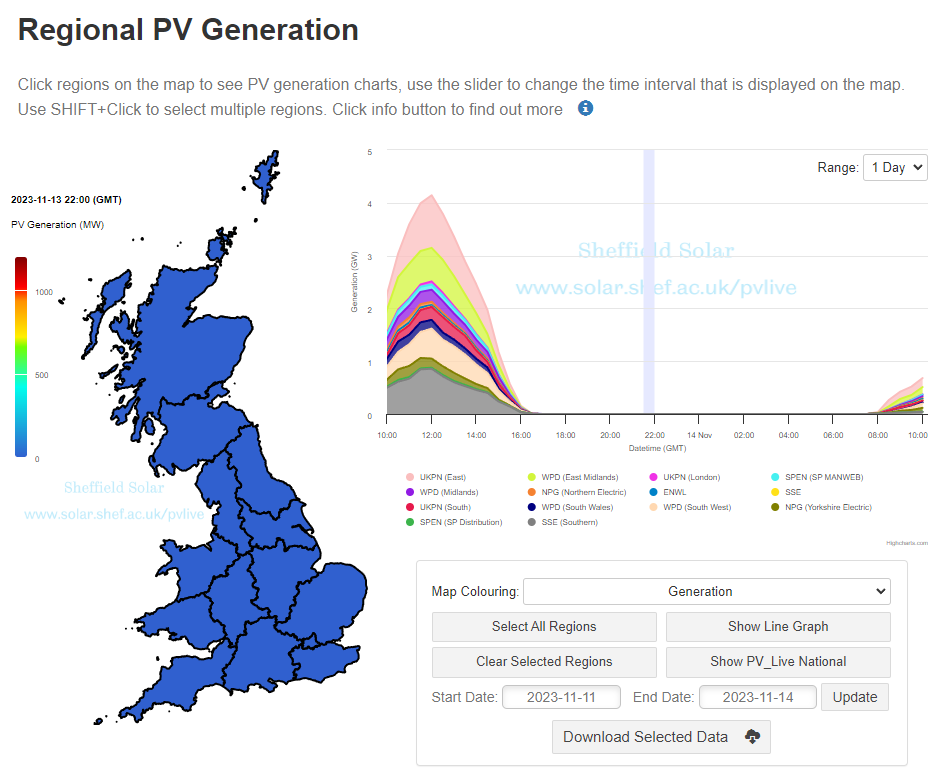
In conclusion, solar panels do work on cloudy, rainy days as they function in daylight and not sunlight. They do not require direct sunlight to generate electricity, but it does help the optimum efficiency level of the panels. There is no need to worry about the impact gloomy, winter days will have on the panels as the modern, sophisticated panels are constantly being improved and will withstand most things the British weather throws at them.


 It Only Takes a Minute
It Only Takes a Minute





